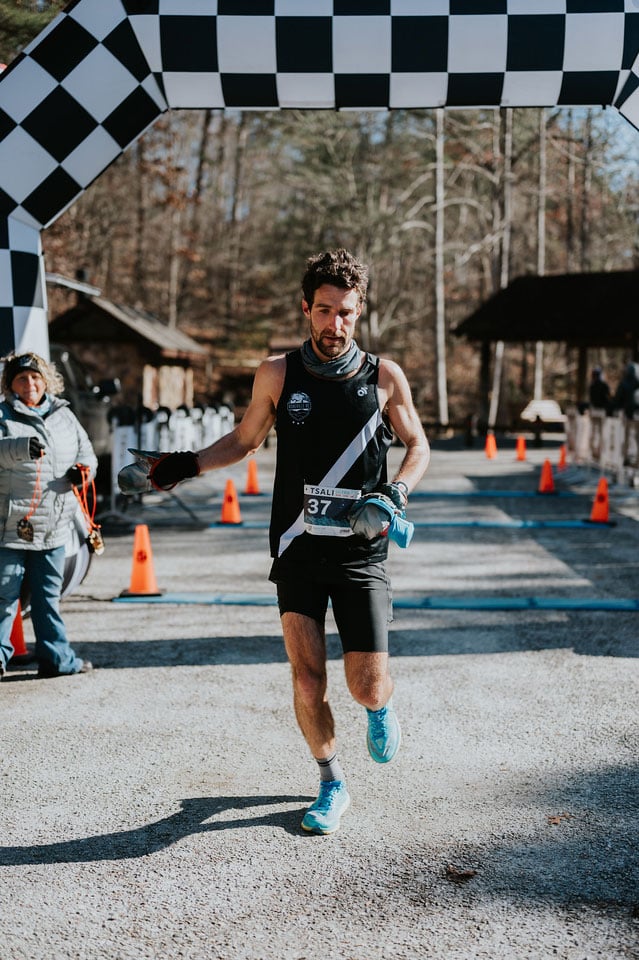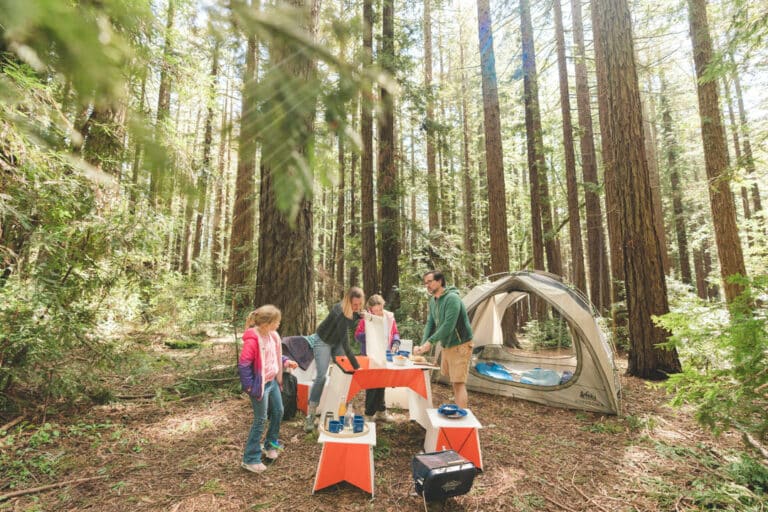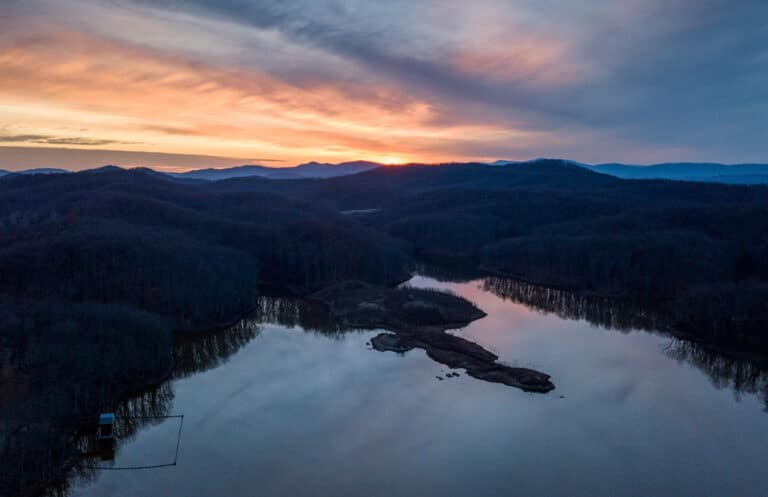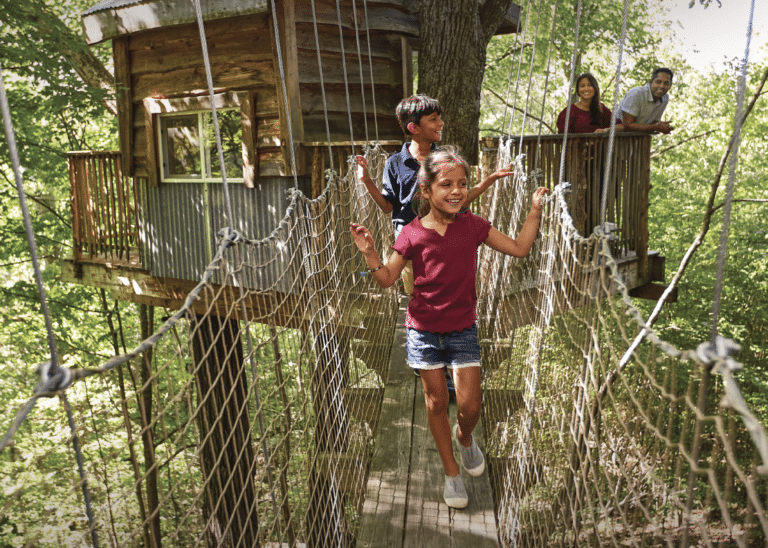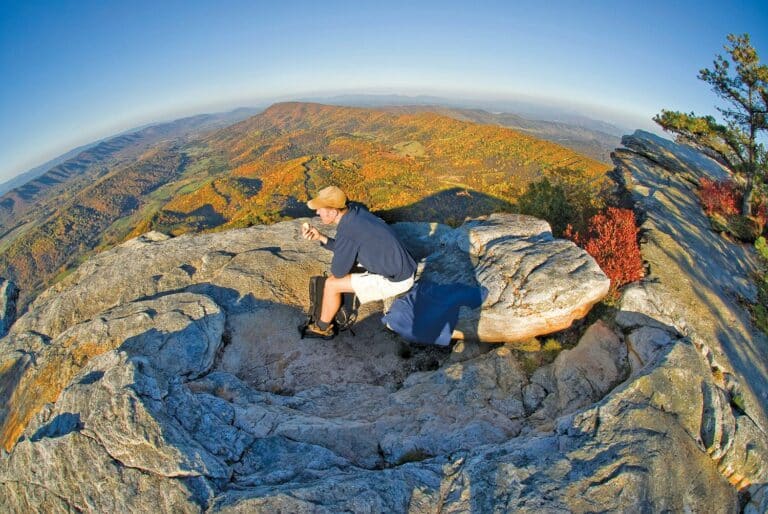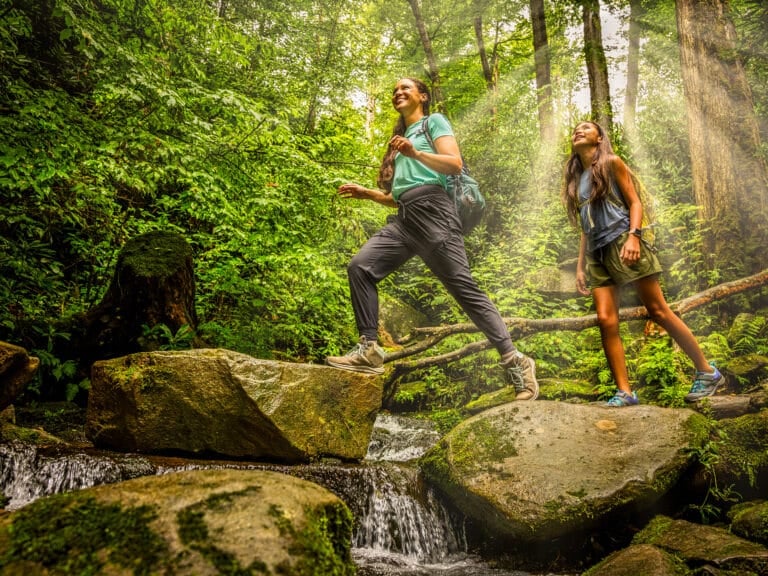Asheville’s Luke Paulson is one fo the country’s top ultrarunners, but you wouldn’t know it. Humble and unassuming, Paulson squeezes in training while working full-time in digital advertising. On weekends, he quietly crushes the country’s toughest trail races.
Paulson has won the Shut-In Ridge Trail Run, Grand-further Mountain Run 25K, Stump Jump 50K, Mount Cheaha 50K, Mount Taylor 50K, Yamacraw Trail Runs (50K), and the 40-mile Mount Mitchell Challenge. He finished third in the JFK 50 Mile, and last year, Paulson tackled his first 100-miler—the Leadville Trail 100 Run—and placed second.
Paulson still finds time to give back to the running community. He is race director for the Flying Squirrel 10-Miler in Asheville each spring, and this year, he is bringing indigenous Tarahumara runners from the Copper Canyons of Mexico to participate in the race.
Paulson talked with BRO about motivation, mountain running, and memorable moments, including mile 94 of Leadville.
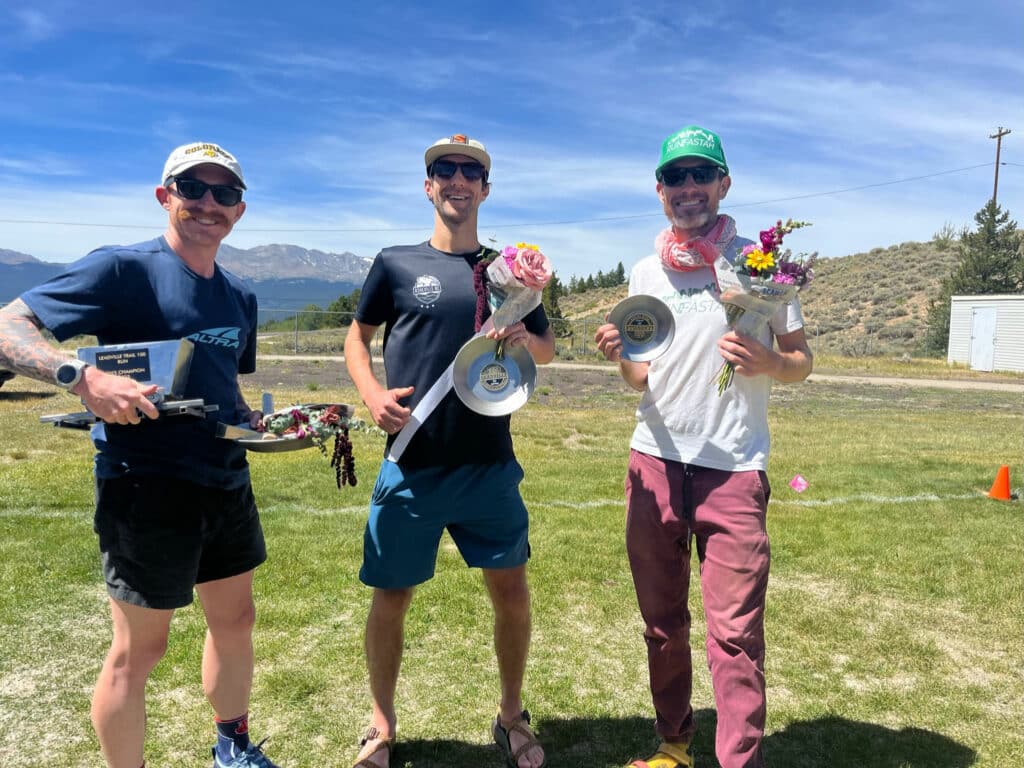
BRO: What was your early running career like?
LP: I started running cross country in middle school. I wasn’t a standout. I was middle of the pack in high school. As part of our training, our team would drive out to Uwharrie National Forest and race the eight-miler, and I loved it.
In my early to mid 20s, things started to click. I don’t think my running body fully matured until my 20s. I also started to run every day and log regular 50-mile weeks. I just stuck with it consistently, and I started getting faster and stronger.
Things also shifted mentally. I started to feel fast. As I have gotten older, I also have become mentally tougher. I could push up the hills harder and tolerate more.
BRO: Was there a breakout race or memorable moment?
LP: Back in 2017, I was living in Durham and started to run some trail races. I surprised myself a little bit at the Eno River (Run) 11-miler. I have never been into fancy running gear, but I was wearing a cotton shirt. I had not taken my training or the race very seriously, but I went out and won it.
BRO: Your first race when you moved to Asheville in 2018 was Shut-In. How did that go?
LP: It was perfect running weather: 30s and sunny. I knew there were several top runners that would be tough competition, including Jesse McIntyre from Charlotte and Shiloh Mielke, who had won Shut-In before and set the course record. I managed to stay ahead of Shiloh, but Jesse went out hard and opened up a big lead. He gapped me early on, but I started to see him ahead of me at Ferrin Knob about halfway through the race. The second half of the race has some rocky, technical sections, and I slowly closed the gap. I was worn out and he was more worn out, and I passed him just before the final climb at Highway 151. I made the 151 climb without getting passed and ended up winning with a time of 2:22.
BRO: You have also won the Mount Mitchell Challenge 40-miler. What was that like?
LP: It was wet, crummy weather, but I had an absolute blast. I led the whole race, but less than a mile from the finish, I missed a turn and got lost. I was running around downtown Black Mountain trying to find my way to the finish. I ended up going to the running store downtown and asked the woman working there how to get to the finish, and she pointed me in the right direction.
Mount Mitchell was also the most soreness I have felt after a race. The downhills destroyed my legs.
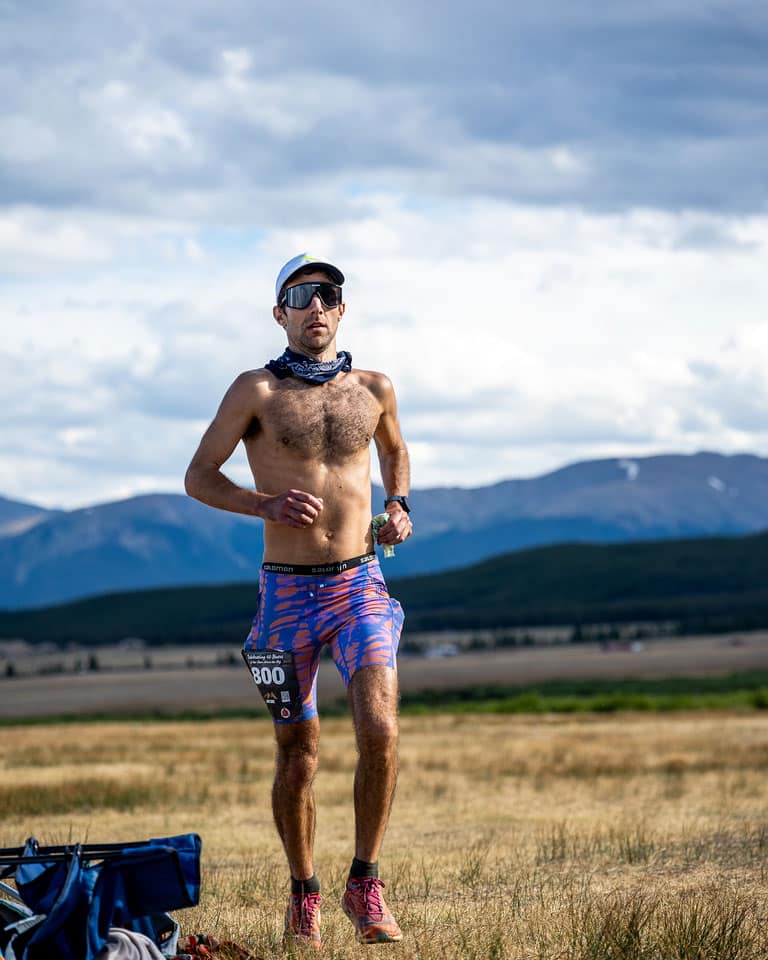
BRO: What has been the highlight of your running career so far?
LP: Leadville. It was my first 100 miler. I trained for eight months to prepare. The race is in Colorado at 11,000 feet of elevation, so I went out to the area three weeks early to acclimate. I started the race at a decent pace, running from the back, slowly picking off runners ahead of me. There were physical and emotional peaks and troughs along the way.
Halfway through the race, there is a 12-mile stretch of trail that was fully exposed to the midday sun. That was one of the low points for me. Several other runners dropped out there. I kept pushing through toward the next aid station at mile 62, which was filled with hundreds of spectators, including my family and crew and pacers. That was a big boost.
I moved into third place, and I caught the second-place runner at mile 94. I spotted his headlamp a few hundred yards ahead, and it was game on. I surged past him and held on in those final miles for second place in 17:47.
BRO: Where are some of your favorite places to train?
LP: Bent Creek is my go-to during the week. If I have time to splurge on a weekend, I’ll head for Great Smoky Mountains National Park. It doesn’t get any better than the Smokies. There are hundreds of miles of incredible trails, and I have only explored the North Carolina side of the park.
BRO: What is your approach to nutrition?
LP: I have always eaten pretty clean, but I never paid close attention to how much protein I was consuming until I started becoming more competitive. In the leadup to Leadville, I increased my consumption of protein, which has helped me train and recover better. For me, the protein comes from chicken, whey protein powder in smoothies, fish, and eggs. I like to cook, so it’s fun for me to incorporate protein creatively into my meals.
BRO: How do you balance elite competitive running and a full-time job and everything else?
LP: I work full time, but I am able to work from home, and that is part of the reason I took the job. It gives me the flexibility to build my schedule around my training. Running at this level requires me to make sacrifices. I sometimes have to prioritize my training over other aspects of my life, and that can be tricky.
I am not sponsored. I am certainly open to it, but I have never really sought it out, either. I am also aware that sponsorships can be a slippery slope. It would be cool to have a brand to wear and represent, but it can also take away from some of the core reasons why I run.
BRO: What are some of those core reasons why you run?
LP: Running brings me a lot of joy. It clears my head. The physical side of pushing myself can be terrible in the moment sometimes when I’m deep in the pain cave. But somehow I like it, not in a masochistic way, but in a way that challenges me. The harder I push for something, the sweeter it is in the end. I can say that about a lot of things in my life. One of the hardest things I have worked for is running. To see that hard work pay off is really rewarding.
Another big reason I run is to get out on the trails. For me, it’s not the competition, it’s not the trophies or free shoes. It’s for those mental and physical benefits. It’s going out there and being on the trails, connecting with friends and the natural world. The trails are where I feel at home. I especially love trail running in this region. Being in the mountains, with the scenery and the changing seasons, brings me a lot of joy.
Cover photo: Photo by Misty Dawn
